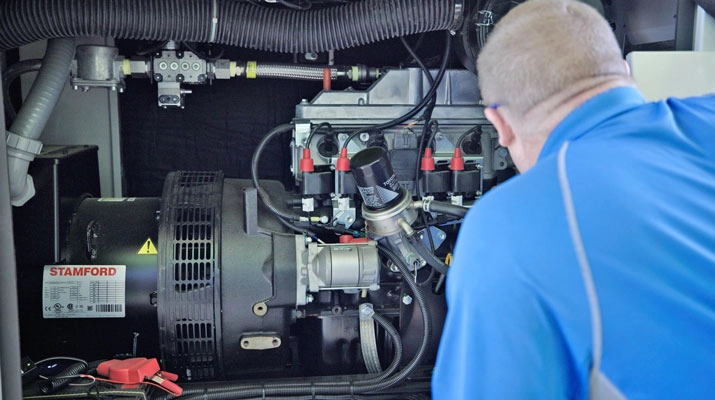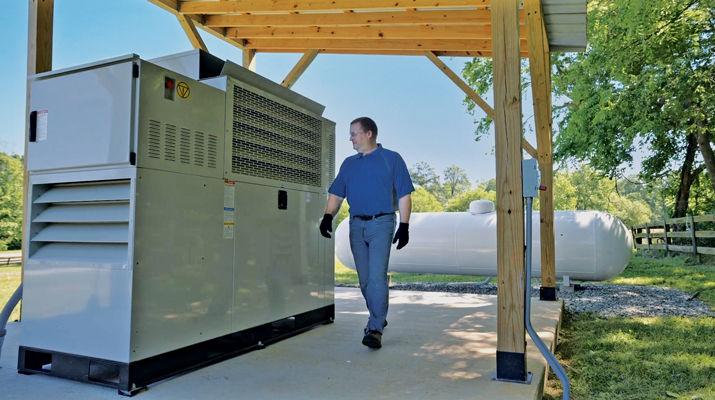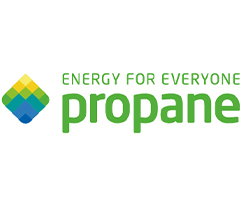PERC urges action on upcoming grid instability

As the U.S. observes National Preparedness Month, the Propane Education & Research Council (PERC) is calling attention to propane’s role in disaster preparedness and backup power. With grid reliability concerns growing nationwide, propane offers an available-now solution for homes, businesses and critical infrastructure.
The impact of disaster preparedness has been brought forward by the U.S. Department of Energy (DOE) in its report on evaluating U.S. grid reliability and security, as the risk of long-term power outages has become a top concern across the country. The report found that the growing energy demand alongside the current power generation infrastructure could leave some regions facing more than 800 hours of outages annually by 2030. These regions include Texas, California and parts of the Midwest, where aging infrastructure and increasing demand create heightened vulnerability.
“The DOE report makes it clear: The electric grid is under strain, and communities need dependable backup solutions today,” says Michael Newland, director of agriculture business development at PERC. “The first step in addressing this concern is to diversify our energy sources and incorporate propane into the conversation.”

Propane has repeatedly proven its role in disaster recovery. In Puerto Rico, after Hurricane Maria devastated the island in 2017, propane-powered generators kept the only operating hospital open. Across the United States, propane continues to support wildfire response, hurricane recovery and grid failures during extreme heat waves.
During emergencies, consistency is critical, and many essential services count on energy sources that are as reliable as they are accessible. Hospitals, first responders, emergency shelters and even mobile medical units rely on dependable backup systems to maintain operations when the power goes out. From providing heat and hot water to preserving medications and powering life-saving equipment, propane plays a supporting role in helping these organizations protect lives and serve communities, especially in rural or storm-prone areas.
Propane is also a cleaner alternative to other backup fuels, according to PERC. Compared with diesel, it emits fewer greenhouse gases, nitrogen oxides and particulate matter. This makes propane critical in post-disaster conditions where air quality may already be compromised.
Related Articles
PERC shares how propane can keep critical operations running during emergencies
















